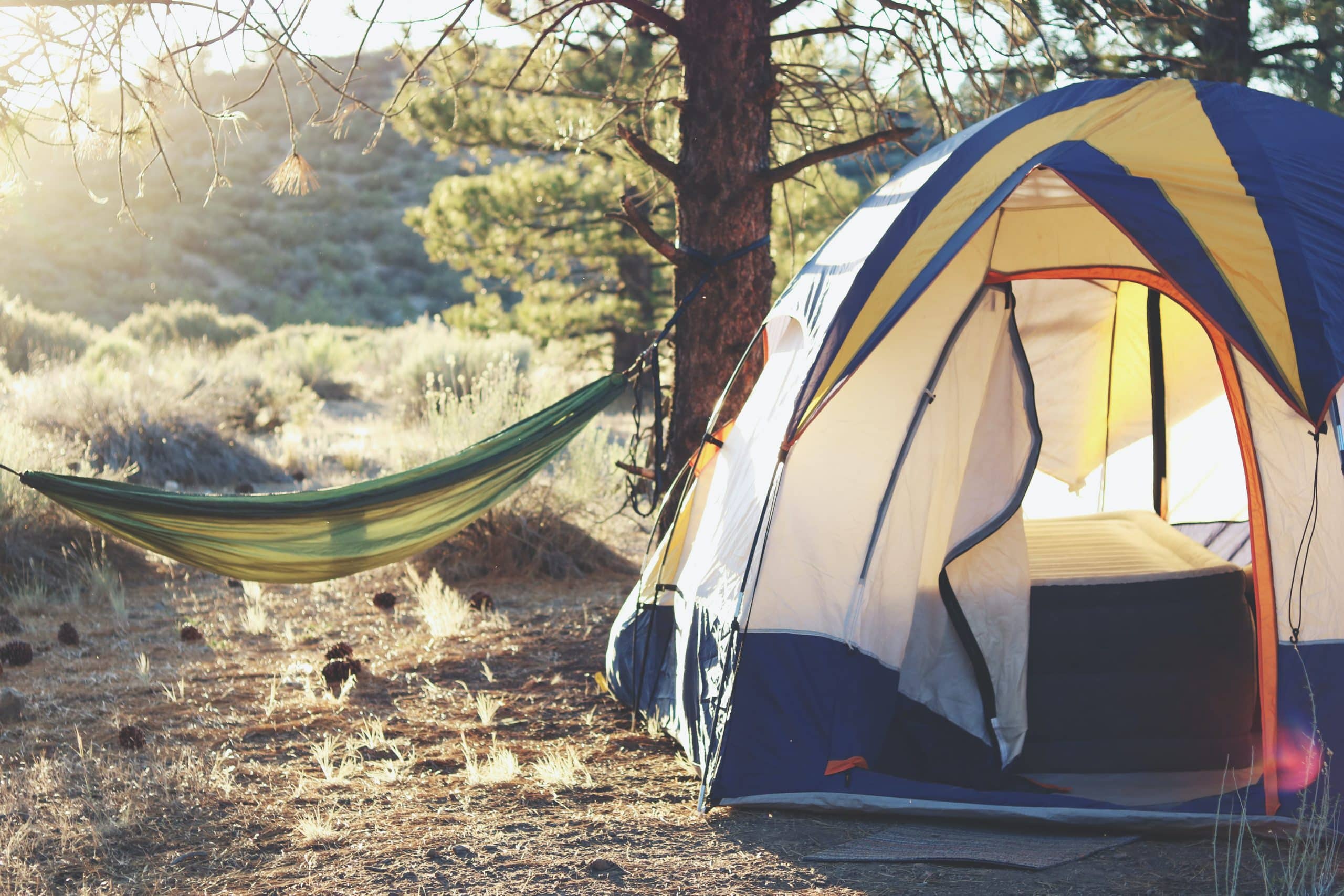What are the top tips for keeping your campsite clean and organized in the UK?

Camping in the UK offers a unique opportunity to connect with nature and enjoy the country’s stunning landscapes. Whether you're planning a weekend getaway or an extended camping trip, maintaining a clean and organized campsite is crucial for a pleasant experience. In this article, we'll provide essential tips for keeping your campsite tidy and ensuring a memorable outdoor adventure.
Preparing for Your Camping Trip: Essential Gear and Packing Tips
Before you set off on your camping trip, thorough preparation is key. Start by choosing the right camping gear. Your tent, sleeping bags, and other essentials should be of good quality to withstand the often unpredictable UK weather. A well-packed backpack is also crucial for keeping everything organized and easy to access.
Sujet a lire : How can you ensure your camping trip in the UK has minimal environmental impact?
Begin by creating a checklist of items you’ll need. This should include your tent, a sleeping bag suitable for the season, a sleeping pad for added comfort, and a waterproof bag for your gear. Don’t forget an aid kit for any emergencies that may arise.
Packing Tips:
Cela peut vous intéresser : How do you find and book campsites that offer yoga and wellness retreats in the UK?
- Pack Light: Only bring what you need. Overpacking can lead to a cluttered campsite.
- Organize by Category: Group similar items together. For example, keep all cooking gear in one bag and all sleeping gear in another.
- Use Waterproof Bags: The UK's weather can be unpredictable, so use waterproof bags to keep your belongings dry.
- Label Everything: Label your bags and containers to quickly find what you need without creating a mess.
By carefully planning and packing, you’ll ensure that setting up your campsite is straightforward, and you’ll have everything you need at your fingertips.
Setting Up Your Campsite: Strategic Placement and Practical Tips
The way you set up your campsite can greatly influence its cleanliness and organization. Choose a flat, dry area to pitch your tent, ensuring it’s away from potential hazards such as falling branches or flooding areas. Strategic placement of your tent and gear will help keep your site orderly and comfortable.
Setting Up Your Tent:
- Choose the Right Spot: Look for a flat area with good drainage. Avoid areas prone to flooding.
- Set Up Windbreaks: Use natural windbreaks like trees to protect your tent from strong winds.
- Keep the Entrance Clean: Place a mat or groundsheet at the entrance of your tent to minimize dirt inside.
Organizing Your Camp:
- Designate Areas: Have specific areas for cooking, sleeping, and storing gear. This will help keep your campsite organized.
- Use Storage Solutions: Utilize collapsible bins or boxes to keep your gear organized and off the ground.
- Keep Food Secure: Store all food in airtight containers and keep it away from your sleeping area to avoid attracting wildlife.
By carefully considering the setup of your campsite, you can create a comfortable and organized space that makes your camping experience more enjoyable.
Maintaining a Clean Campsite: Daily Habits and Waste Management
Keeping your campsite clean involves daily habits and effective waste management. The principle of "leave no trace" is especially important in the UK's natural landscapes. This means ensuring that all waste is disposed of properly and that your campsite looks as pristine as it did when you arrived.
Daily Cleaning Habits:
- Clean Up Immediately: Don’t let dishes, food scraps, or trash accumulate. Clean up immediately after meals and activities.
- Use Biodegradable Soap: When washing dishes or yourself, use biodegradable soap to minimize environmental impact.
- Keep Personal Items Organized: Return items to their designated spots after use to avoid clutter.
Waste Management:
- Separate Waste: Have separate bags or bins for recyclables, compostables, and general waste.
- Pack It Out: Whatever you pack in, pack it out. This includes all trash, even biodegradable items like banana peels or apple cores.
- Use Campsite Facilities: If your campsite has designated waste disposal facilities, use them. If not, take your waste with you and dispose of it properly when you have the chance.
Adopting these habits will help keep your campsite tidy and ensure that you leave no trace of your visit behind.
Protecting the Environment: Respecting Wildlife and Natural Resources
Respecting the environment is a critical aspect of camping, especially in the UK's diverse ecosystems. Responsible camping involves minimizing your impact on wildlife and natural resources.
Respectful Practices:
- Stay on Trails: Avoid creating new paths that can damage vegetation and disturb wildlife.
- Do Not Feed Wildlife: Human food can harm wildlife. Keep all food secured and out of reach.
- Leave Natural Objects: Don’t take rocks, plants, or other natural objects from the wild. Leave them for others to enjoy.
Water Sources:
- Use Established Campsites: If available, use established campsites that are already impacted, rather than creating new ones.
- Protect Water Sources: Do not wash dishes or yourself directly in rivers or lakes. Use a container to carry water at least 200 feet away from the source.
- Conserve Water: Be mindful of your water use. Carry enough for your needs but avoid waste.
By following these practices, you’ll help preserve the natural beauty of the UK’s camping areas for future generations.
Organizing and Storing Your Camping Gear: Post-Trip Maintenance
Once your camping trip is over, organizing and storing your camping gear is essential for future adventures. Proper maintenance will ensure that your gear remains in good condition and is ready for your next trip.
Cleaning Your Gear:
- Clean Your Tent: Shake out dirt and debris, wipe down with a damp cloth, and let it dry completely before storing.
- Wash Sleeping Bags: Follow the manufacturer’s instructions for washing sleeping bags. Make sure they are completely dry before storing.
- Check for Damage: Inspect all gear for signs of wear and tear. Repair or replace damaged items as needed.
Storing Your Gear:
- Store in a Dry Place: Keep your gear in a cool, dry place to prevent mold and mildew.
- Use Storage Bags: Store sleeping bags and tents in breathable storage bags, not tight compression sacks, to maintain their loft and integrity.
- Keep Organized: Store similar items together and label containers for easy access on your next trip.
By taking the time to properly clean and store your gear, you’ll ensure that it lasts longer and is always ready for your next outdoor adventure.
Maintaining a clean and organized campsite is essential for an enjoyable and responsible camping experience in the UK. By preparing with the right gear, setting up strategically, practicing daily cleaning habits, respecting the environment, and properly storing your gear, you’ll create a campsite that is both comfortable and respectful of nature. These tips will help you keep your campsite tidy, allowing you to focus on what truly matters – enjoying your outdoor adventure. Remember, leaving no trace ensures that these beautiful landscapes remain pristine for everyone to enjoy. Happy camping!
